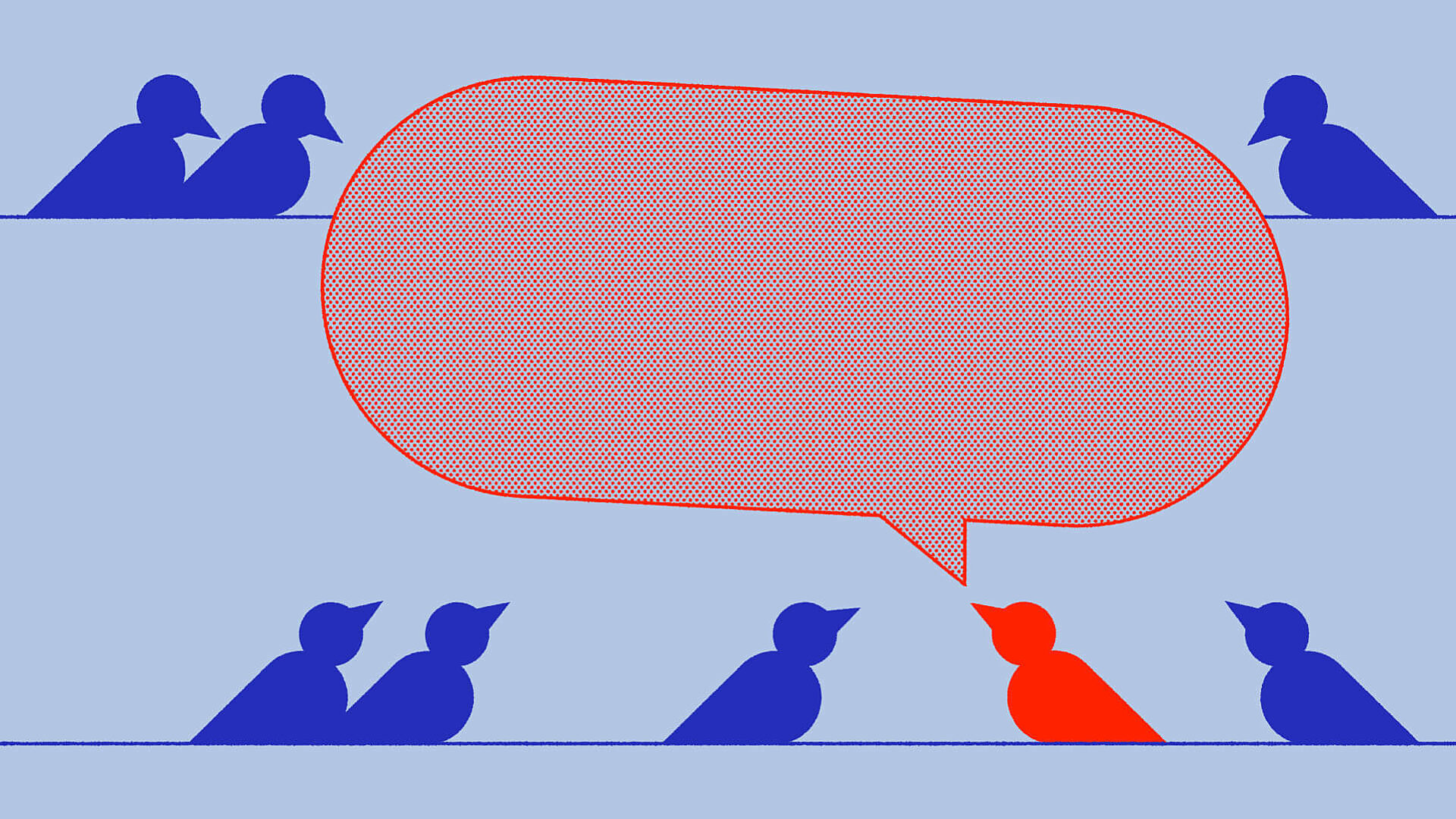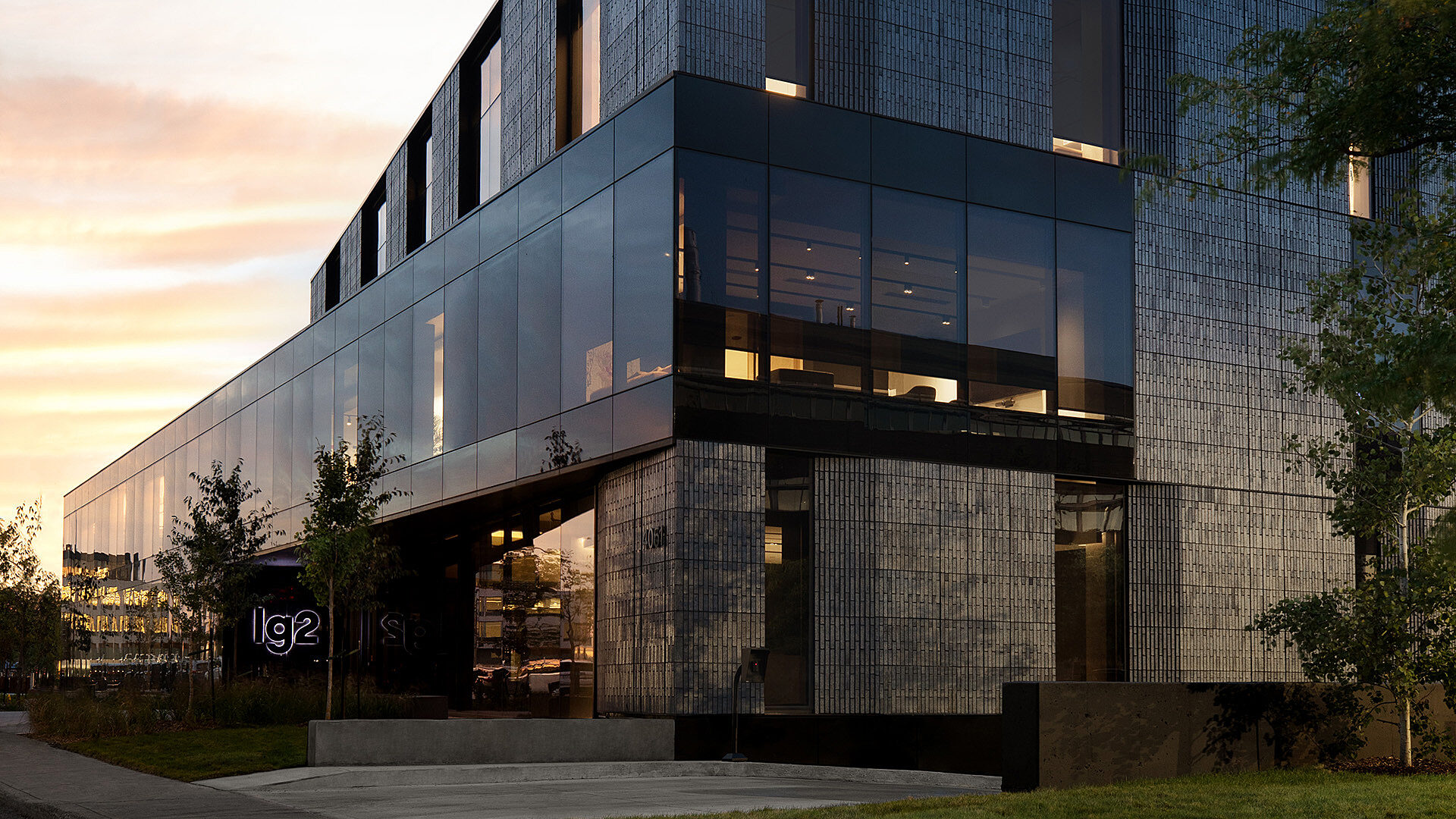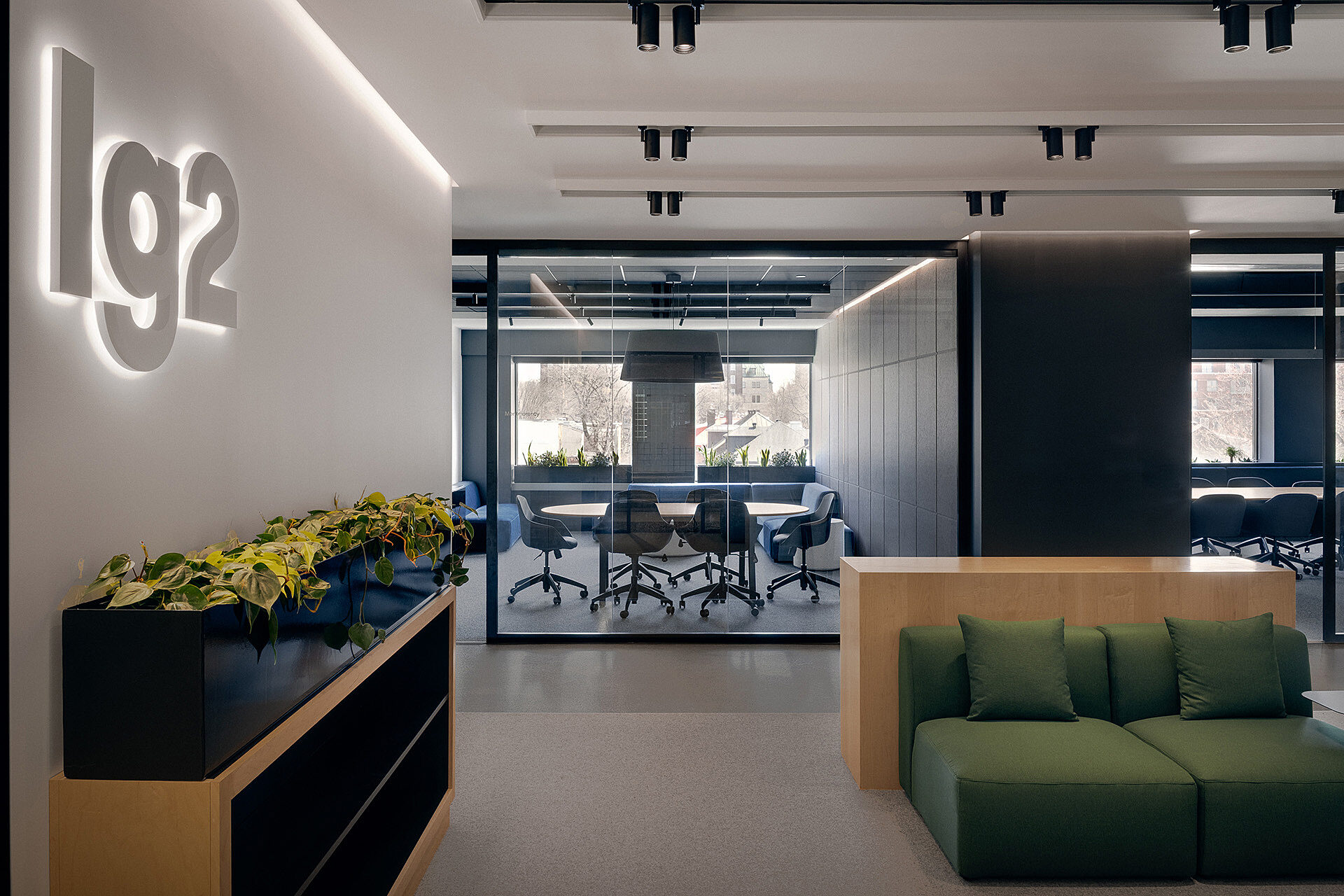
Four key elements for launching a branded podcast
To add depth to their campaigns, it’s not uncommon for advertisers to turn to editorial content. While long-form content partnerships with media outlets are common practice, there are a number of impactful formats that are less common in our market and deserve more attention. Branded podcasts are one of the options worth exploring. By working with the right people and being well prepared, the results can really pay off.
As part of a day of conferences organized by Radio-Canada OHdio two LG2 talents, Odile Archambault, Creative Director, Content, and Alexandre Pépin, Copywriter, were panelists in a discussion on the design and production of original podcasts for brands.
Curious to know if this format is worth exploring for your brand? Here are four key elements that were discussed at the event.

1. Reach a certain level of editorial maturity
This doesn’t mean that your brand has to be present on every social platform. Rather, maturity is achieved by following an editorial line that serves as a guide and decision-making filter for the themes and topics your brand can legitimately explore in its content.
For example, have you ever partnered with any media outlets for long-form content, whether in text or video? Is there a “blog” section on your site? Do you know what hot topics consumers want (or don’t want) to hear about on your social media? If you can answer yes to some of these questions, you’ve obviously already thought about what your brand wants to say and what you want to add to the conversation.
2. A strong concept is non-negotiable
A podcast isn’t a concept, it’s a format. So you have to create your concept from scratch.
To develop a strong concept, try to move away from infomercials and focus instead on the listening habits of the audience you’re trying to reach. What kind of podcasts do they enjoy? Investigative, variety, documentary? The possibilities are endless! High editorial value will allow the content to last. It will and should be associated with a campaign, but the audience should be able to listen again months later without needing to remember which campaign it was originally part of.
3. Surround yourself with an experienced team
To make sure you resonate with the target audience and that your concept materializes, you need to partner with professional hosts and surround them with a dedicated content production team (author, script editor, researcher, etc.).
“To give you an example, in the branded podcast we’re currently working on with OHdio, humour is really important. So it made sense that the main host be accompanied by her scriptwriter to bring just the right amount of humour to the project and make the content more digestible.” – Odile Archambault, Creative Director, Content
4. Take the time to do things right
You might think a podcast can be made in a few weeks, but it can often take several months. When it comes to original content, you’re looking at 8 to 12 months of development: that’s a long time to put on a good show! And since we often want to use editorial content to give depth to a 360 campaign, the work needs to start as soon as possible. In short, a podcast can’t be an afterthought.
Finally, if you think you have everything you need to make a podcast, go for it! But at every stage of production, don’t forget that at the heart of this editorial adventure lies a single requirement: to talk to people in a way that respects their consumer habits and listening preferences. Because if you make a podcast and no one listens, you’re just talking to yourself.


